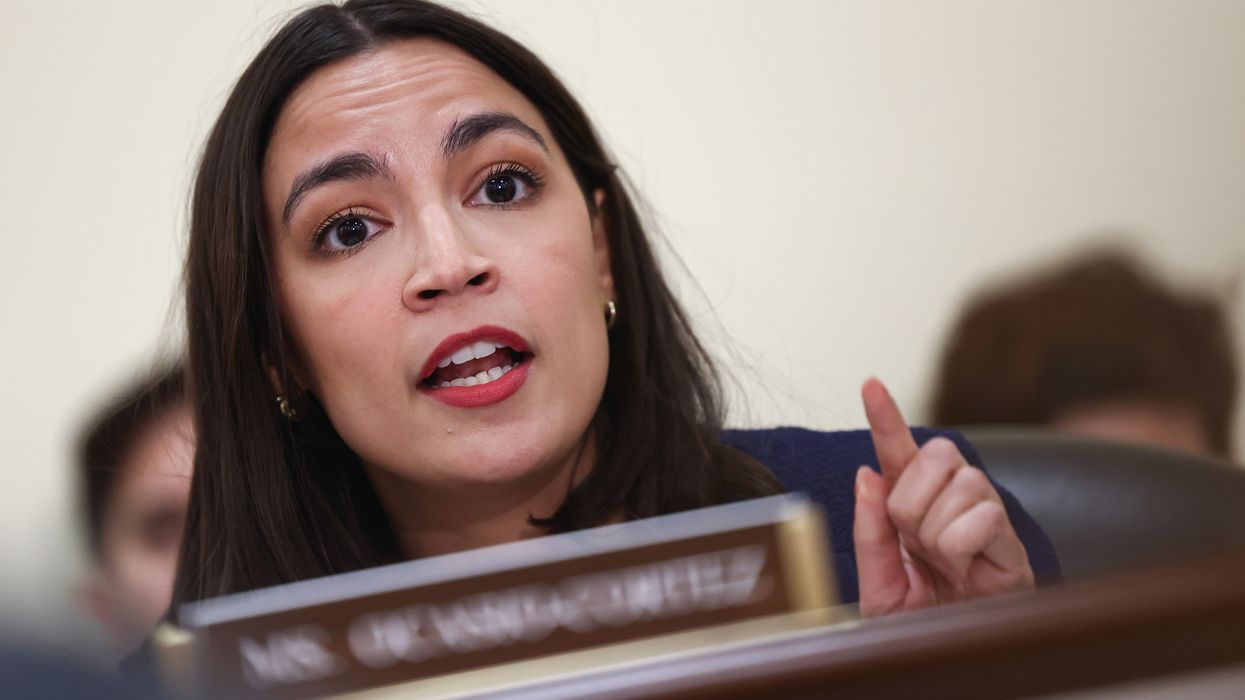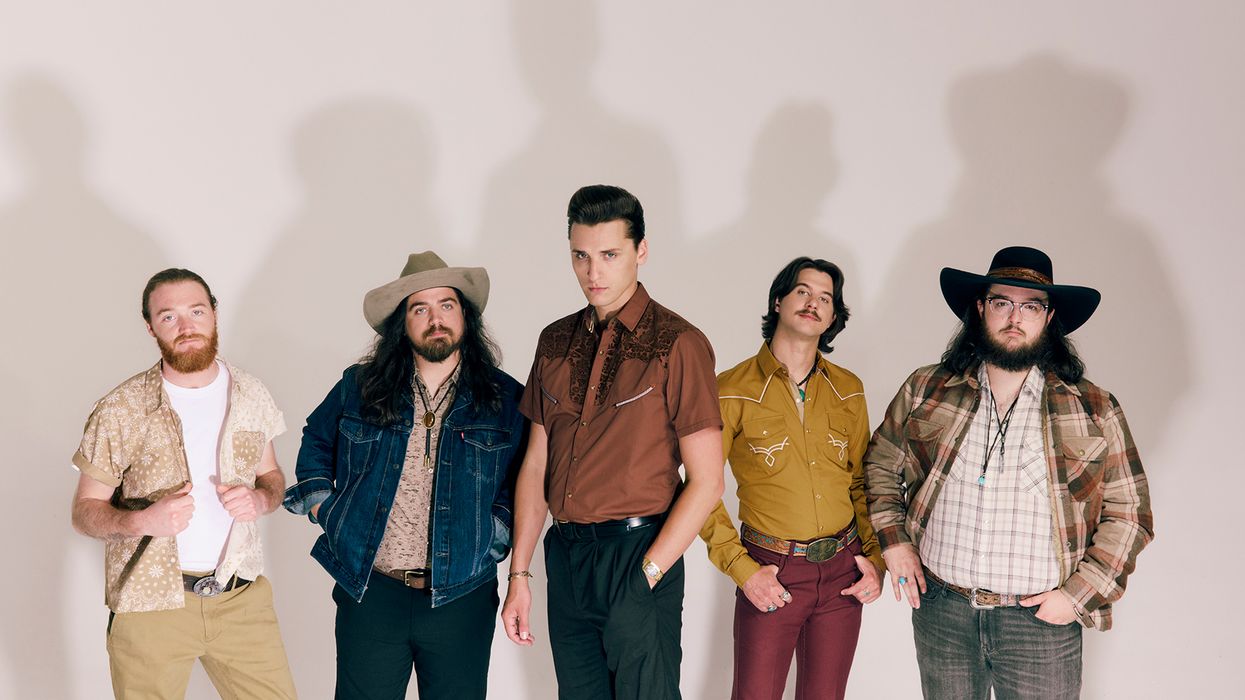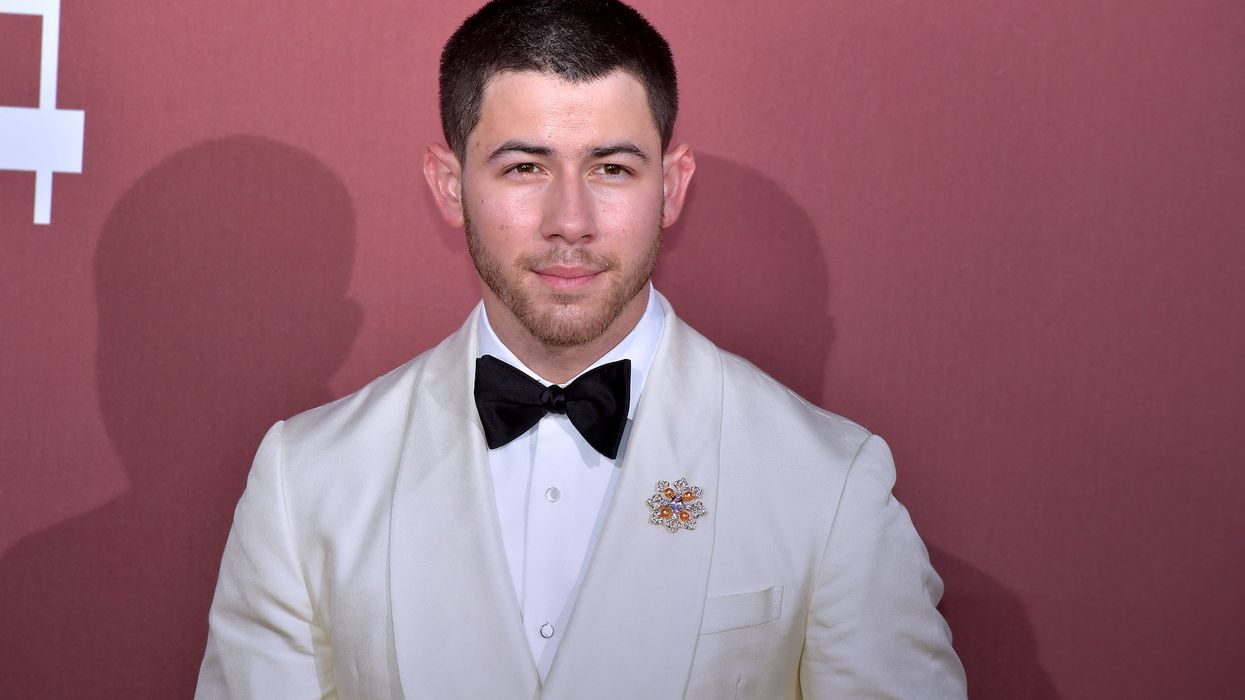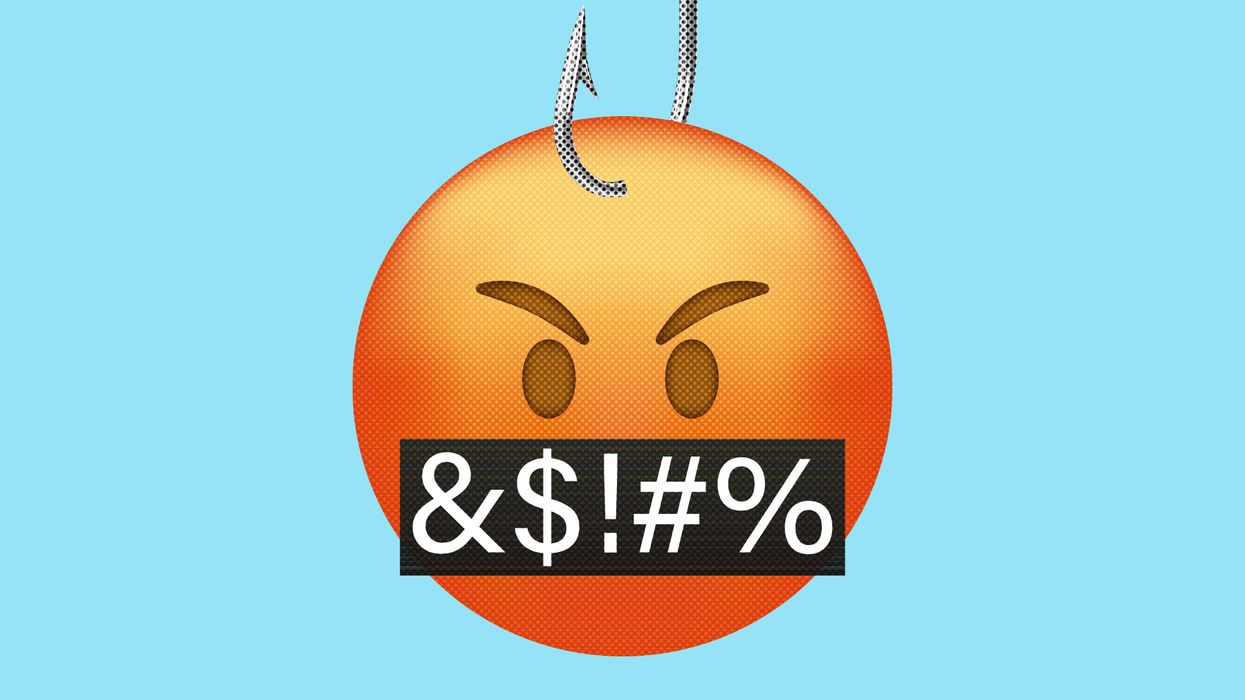For Adrianne Lenker, love is meant to be a familial undertaking: she’s less interested in its early volatility, the thrills and frills, fantastical projections. She stated it clearly on “Anything,” a track from her 2020 album Songs, when she sang, “I don’t wanna be the owner of your fantasy/I just wanna be a part of your family.” For nearly everyone, our first experience of intimacy and love comes from our family units –“We look at the world once, in childhood. The rest is memory,” poet Louise Glück wrote in “Nostos”–and we spend the rest of our lives replicating those dynamics, for better or for worse.
Lenker confronts her own childhood in “Real House,” the melancholy opening track of the Big Thief singer-songwriter’s fifth solo album Bright Future. Over a gentle piano, she lists off a smattering of recollections with a heaviness that makes them feel more like a pile-up of grief: moving into a house by a field, the movie that scared her as a 7-year-old, the first time she saw her mother cry. Lenker is 31 now, but those memories are still razor-sharp, and her feelings about them just as intense. “Mama, what happened?” she sings. “Your love is all I want.”
The following 11 tracks on Bright Future follow Lenker moving through junctures of hopefulness and heartbreak within various relationships. It’s a body of incantations that explore reconciliation, resignation, and reverence. “To the ocean of your love, I am a river,” she sings on the twinkling “No Machine,” with the repeated refrain of “don’t know what I’d do without you” providing a cushy landing like a nursery rhyme. Amidst the twisty mirrored wordplay of “Evol,” Lenker sneaks in the plea “you have my heart, I want it back,” a statement so clear and concise that it cuts straight through the song’s lyrical diversions.
Lenker mourns the end of a relationship with equal parts solemnity and grace on “Sadness As A Gift,” swollen with a desire to forgive. “You could write me someday and I hope you will,” she sings over twangy guitar pluckings, propping a door open for the potential mending of a broken bond. On “Fool,” another familial motif reappears: “We could be friends, you could love me through and through/If I were him, would you be my family too?”
Bright Future carries an aura of raw, one-take candidness. Lenker recorded the album in an analog studio in the woods with collaborators Philip Weinrobe, Mat Davidson, Josefin Runsteen, and Nick Hakim. It’s sweet and subtle in its sound, though Lenker’s lyricism remains characteristically brutal and brave. The tracks share a similar sparseness and uniformity in instrumentation–piano, violin, guitar, and occasional percussion–but rather than meld together, each song stands strong, poignant and singular. At certain points, the recordings pick up clacks on the floorboards, tapes winding, studio chatter. If you listen closely to “Free Treasure,” you’ll even hear Lenker and Davidson nearly flub a lyric during while delivering the line “when I thought I couldn’t feel more, I feel a little more.”
The entire project is a practice in presence, solidifying Lenker’s beliefs the very moment they’re born, taken as truth. It’s also an emotional free-fall, as Lenker expresses her thoughts without fear of how they might hold up down the line. Bright Future’s recording style mirrors the listener’s experience: as time goes on, these songs and the emotions associated with them will inevitably deepen, transmute, and attach themselves to the memory of different people.
That urgency to seize the current moment is most prevalent on the hymn–like “Donut Seam,” where Lenker nods to the fated end of all things–“This whole world is dying,” she sings alongside her collaborators – but that’s just why it’s the perfect time to swim, to kiss, to get lost only to find.
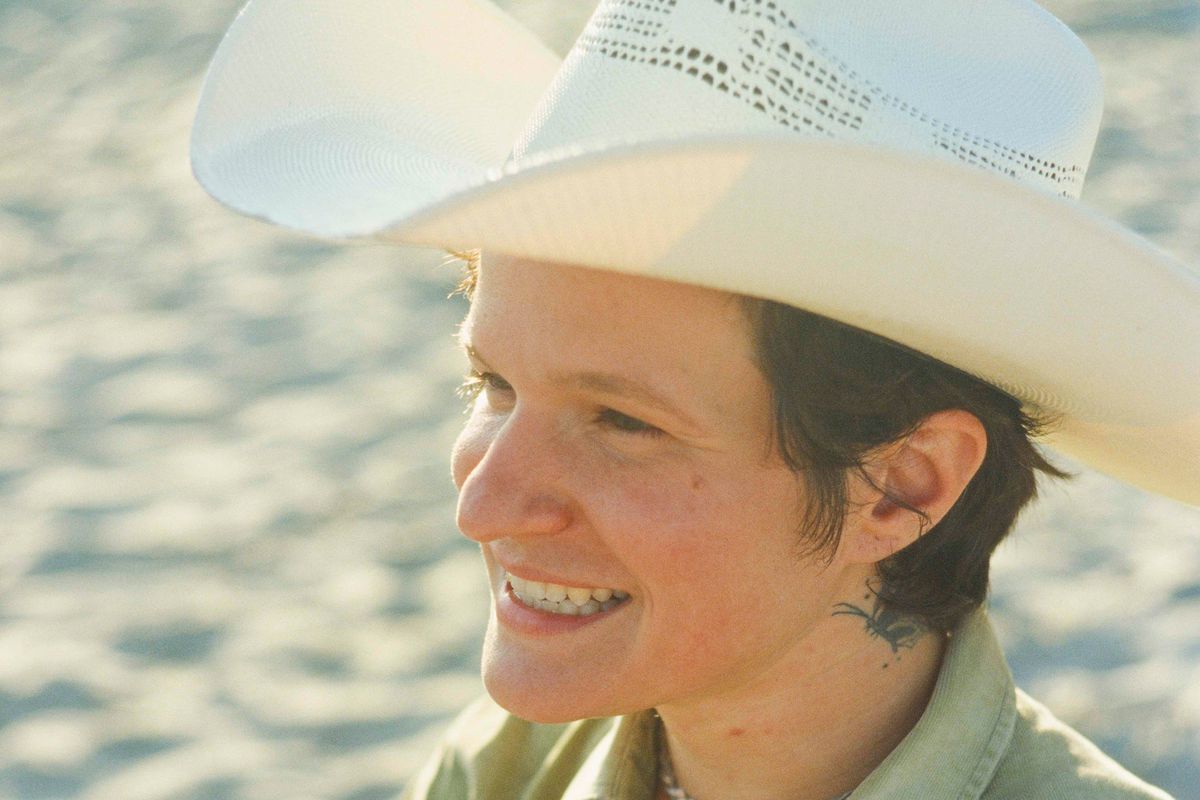





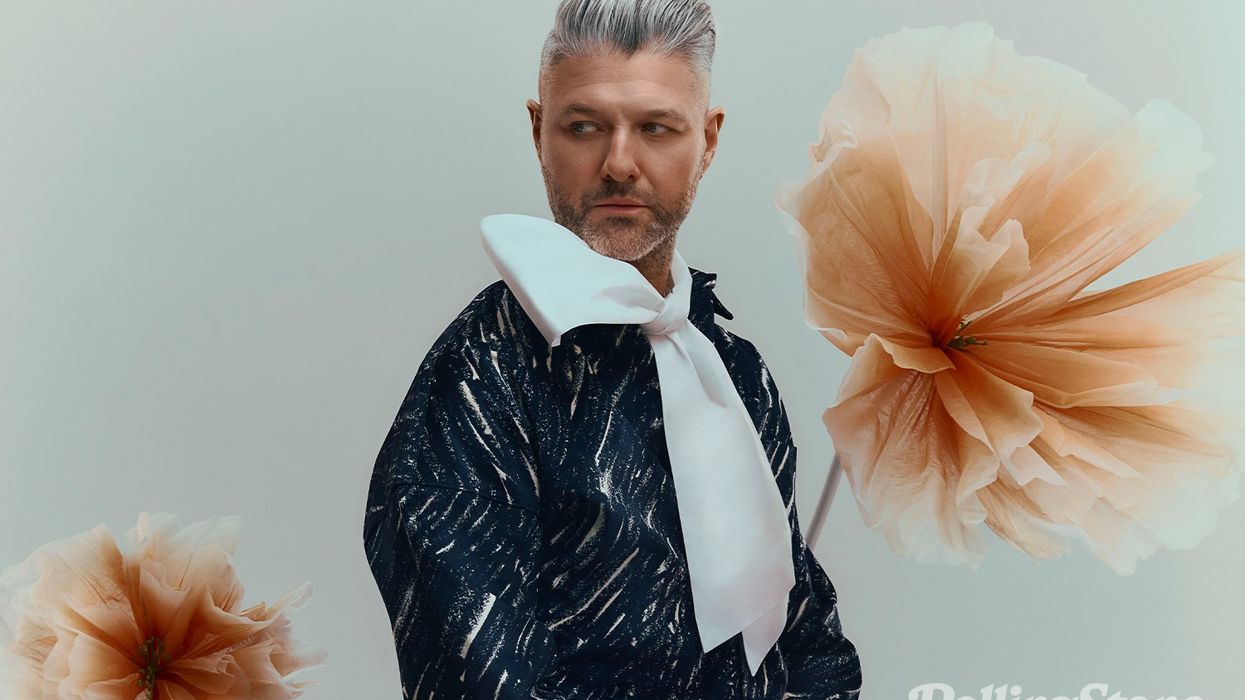
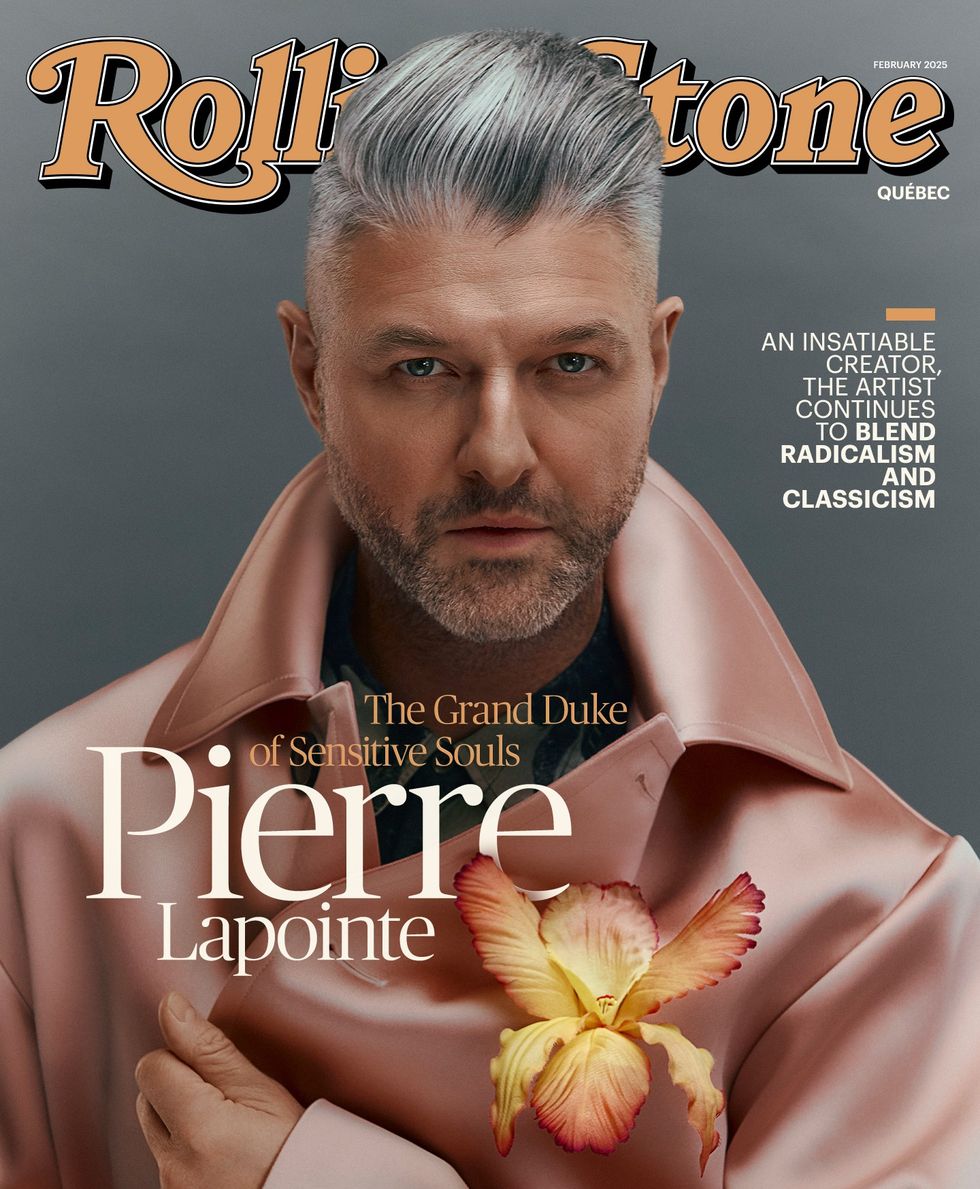 Coat (polyester and wool), shirt (silk), Dries Van Noten, SSENSE.com / Flower (silk), M&S Schmalberg
Coat (polyester and wool), shirt (silk), Dries Van Noten, SSENSE.com / Flower (silk), M&S Schmalberg
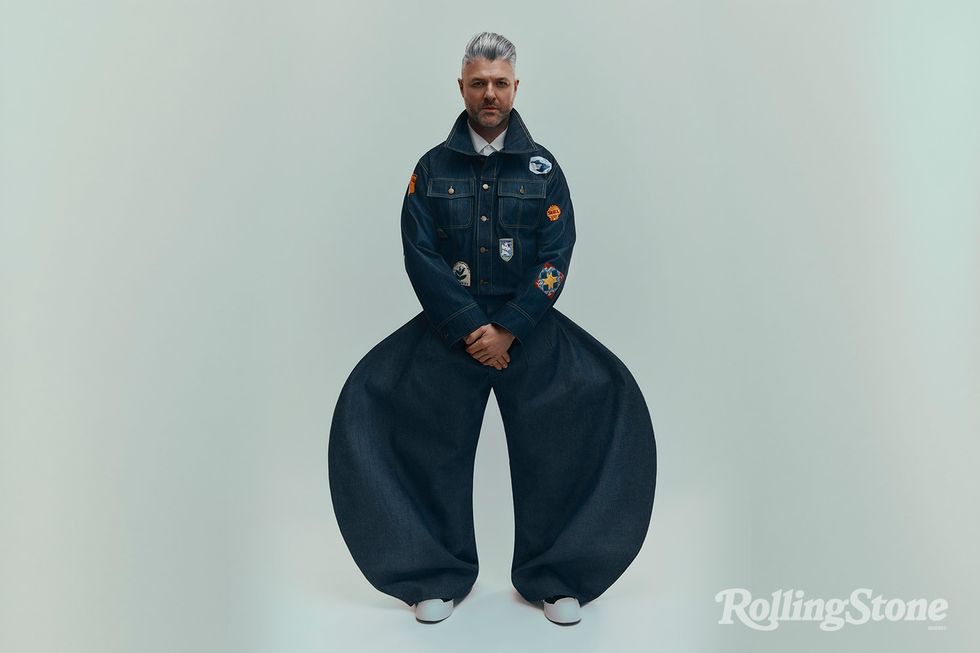 Blouson (denim and hand embroidered patches), WJ Crosson / Shit (polyester), Homme plissé Issey Miyake, Holt Renfrew/Pants from personal collection/ Shoes(canvas), Marni
Blouson (denim and hand embroidered patches), WJ Crosson / Shit (polyester), Homme plissé Issey Miyake, Holt Renfrew/Pants from personal collection/ Shoes(canvas), Marni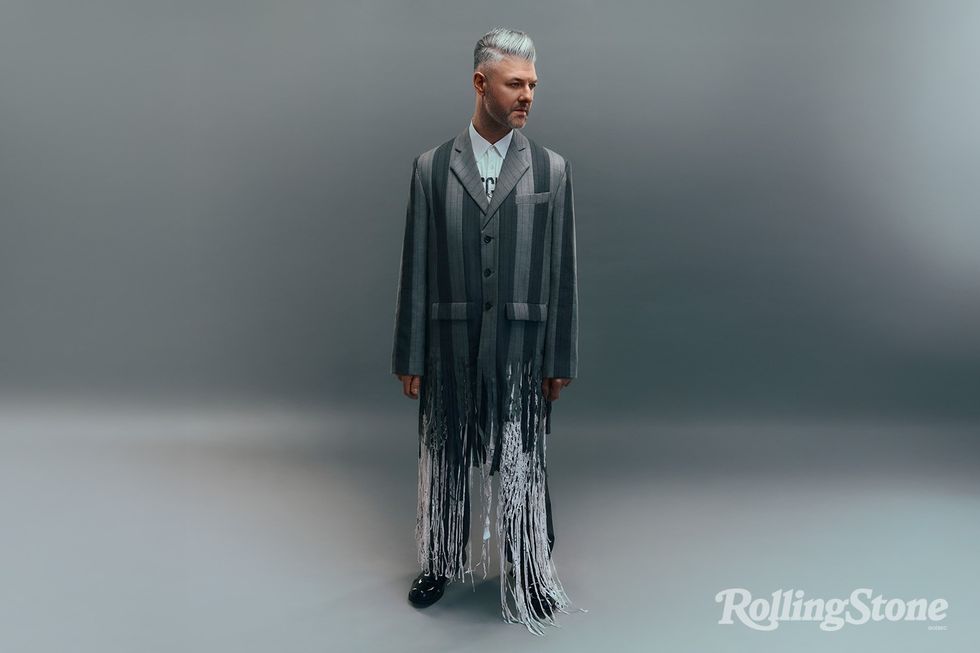 Jacket and pants (virgin wool), shirt (acrylic coated cotton), Moschino / Shoes from Pierre Lapointe's personal collection
Jacket and pants (virgin wool), shirt (acrylic coated cotton), Moschino / Shoes from Pierre Lapointe's personal collection
